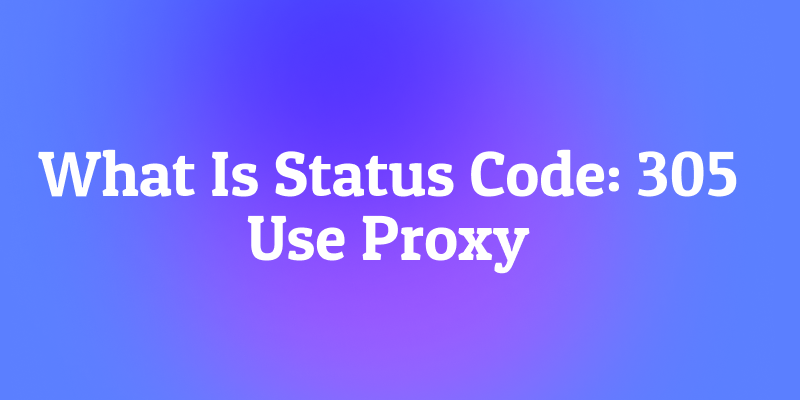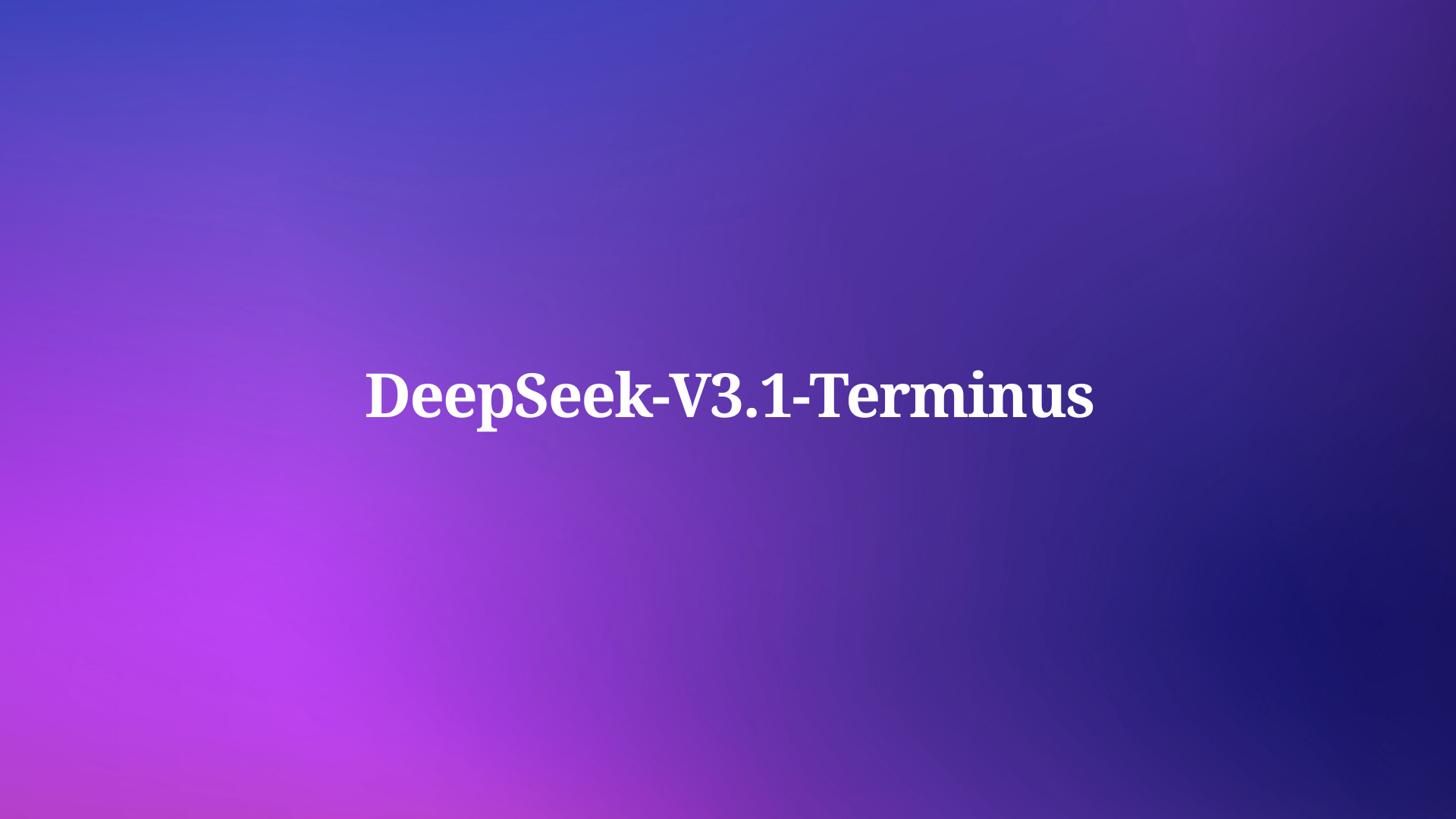In the digital gold rush of the 21st century, data is the new currency. From market analysis and price monitoring to lead generation and machine learning model training, the ability to harvest information from the web is a critical advantage. However, the modern web is a complex and often hostile environment for data extraction. Websites employ sophisticated anti-bot measures, dynamic JavaScript-heavy interfaces, and ever-changing layouts, making traditional web scraping a Sisyphean task. This is where web scraping APIs come in, acting as the powerful and resilient engines that drive automated data collection at scale.
A web scraping API is a service that handles the heavy lifting of data extraction. Instead of building and maintaining a complex infrastructure of proxies, headless browsers, and CAPTCHA-solving mechanisms, developers can simply make an API call to a specialized service. This service then navigates the target website, bypasses blockades, renders the page, and returns the clean, structured data. This not only saves immense development time but also ensures higher success rates and scalability.
Want an integrated, All-in-One platform for your Developer Team to work together with maximum productivity?
Apidog delivers all your demans, and replaces Postman at a much more affordable price!
This article offers a comprehensive look at their features, strengths, and ideal use cases. Whether you're a solo developer, a data-driven startup, or a large enterprise, this guide will help you navigate the bustling marketplace of web scraping solutions and choose the right tool for your needs.
1. Bright Data: The Enterprise Powerhouse
Formerly known as Luminati Networks, Bright Data has established itself as a titan in the web data industry. It offers a comprehensive suite of tools, with its Web Scraper IDE and various scraper APIs being standout products for large-scale and complex data extraction projects.
Key Features:
- Web Scraper IDE: A browser-based integrated development environment with pre-built scraping functions and templates for popular websites.
- Vast Proxy Network: Access to a massive and diverse network of over 72 million residential, datacenter, ISP, and mobile proxies.
- Multiple API Offerings: Specialized APIs for different needs, including a Search Engine Scraper API, a Web Unlocker for bypassing sophisticated blocks, and a more general Scraper API.
- Data as a Service: For those who want to completely outsource their data collection, Bright Data offers a fully managed service.
Pros:
- Unmatched scale and infrastructure, ideal for enterprise-level projects.
- High success rates even on the most challenging websites.
- Excellent for geo-targeted scraping with a wide range of locations.
- Comprehensive toolset that caters to various data collection needs.
Cons:
- Can be one of the more expensive options, with a pricing structure that may be complex for beginners.
- The sheer number of features and options can be overwhelming for new users.
Best for: Enterprises and data-driven businesses with large-scale, mission-critical scraping operations that require high reliability and a robust infrastructure.
2. Oxylabs: The Premium Data Partner
A direct competitor to Bright Data, Oxylabs is another premium provider known for its high-quality proxy network and reliable web scraping solutions. Their Web Scraper API is a testament to their commitment to performance and customer support.
Key Features:
- High-Quality Proxy Pool: A massive pool of over 102 million residential and datacenter proxies known for their stability and high success rates.
- AI-Powered Features: Features like the "Next-gen Residential Proxies" use AI and machine learning to improve success rates and adapt to anti-bot systems.
- JavaScript Rendering: Capable of rendering and scraping dynamic, JavaScript-heavy websites with ease.
- Custom Parser: Allows users to define their own parsing logic using XPath and CSS selectors to get structured data directly.
Pros:
- Excellent performance and reliability, with a focus on ethical and compliant data collection.
- Strong customer support with dedicated account managers for larger clients.
- The custom parser is a powerful feature for getting clean, ready-to-use data.
- Offers a "pay-as-you-go" option for their residential proxies, providing some flexibility.
Cons:
- Premium pricing puts it at the higher end of the market.
- The user interface and initial setup can be more complex than some simpler alternatives.
Best for: Businesses and data professionals who prioritize data quality, reliability, and excellent customer support, and are willing to invest in a premium service.
3. ScraperAPI: The Developer's Choice for Simplicity and Scale
ScraperAPI has carved out a niche by offering a powerful and easy-to-use API that handles all the common frustrations of web scraping. It's a favorite among developers who want to integrate a reliable scraping solution into their applications with minimal fuss.
Key Features:
- Handles All Anti-Bot Measures: Automatically handles proxy rotation, CAPTCHAs, and browser fingerprinting.
- Large Proxy Pool: Access to over 40 million IPs across various proxy types, including residential and mobile.
- JavaScript Rendering: A simple parameter to enable JavaScript rendering for dynamic websites.
- Customizable: Allows for custom headers, request types, and IP geo-targeting.
Pros:
- Extremely easy to integrate and use, with clear documentation.
- Competitive and transparent pricing with a generous free tier.
- High success rates and reliable performance.
- Scales well from small projects to large-scale data extraction.
Cons:
- While it offers customization, it may not provide the granular control some advanced users might need.
- The credit-based system for concurrent requests can be a bit confusing at first.
Best for: Developers and small to medium-sized businesses looking for a straightforward, reliable, and scalable web scraping API that "just works."
4. ScrapingBee: The Specialist for Web Automation
ScrapingBee focuses on making web scraping simple and accessible, with a particular strength in handling JavaScript-heavy websites and automating browser actions. Their API is designed to be developer-friendly and powerful.
Key Features:
- Headless Browser Automation: Excellent at rendering JavaScript and handling single-page applications.
- Scenario Builder: Allows users to define a series of browser actions like clicks, scrolls, and form submissions.
- Screenshot API: A useful feature for capturing full-page screenshots of websites.
- Google Search API: A dedicated endpoint for scraping Google search results.
Pros:
- Very easy to use, with a clean and well-documented API.
- Excellent for scraping modern, dynamic websites.
- The scenario builder is a powerful tool for complex scraping workflows.
- Transparent and predictable pricing.
Cons:
- Can be slower than some other APIs, especially for requests that require extensive JavaScript rendering.
- The number of concurrent requests is limited on lower-tier plans.
Best for: Developers and businesses that need to scrape modern, JavaScript-heavy websites or automate complex interactions with web pages.
5. Zyte (formerly Scrapinghub): The Open-Source and AI Pioneer
With roots in the creation of the popular open-source scraping framework Scrapy, Zyte has a long and respected history in the web scraping community. Their Zyte API is an intelligent and powerful tool that leverages AI and machine learning to overcome anti-scraping measures.
Key Features:
- AI-Powered Anti-Ban Detection: Uses machine learning to adapt to and bypass anti-bot systems in real-time.
- Integration with Scrapy: Deep integration with the Scrapy framework, making it a natural choice for Python developers.
- Automatic Data Extraction: Can automatically extract product details, articles, and other structured data from web pages.
- Splash Integration: Supports the Splash headless browser for robust JavaScript rendering.
Pros:
- Backed by a team of web scraping experts with a strong open-source ethos.
- The AI-powered features are innovative and effective.
- Excellent for large-scale and complex scraping projects.
- Offers a free plan for developers to get started.
Cons:
- The pricing can become expensive for high-volume users.
- The platform and its various tools can have a steeper learning curve for beginners.
Best for: Developers who use the Scrapy framework, and businesses looking for an intelligent, AI-driven solution for complex and large-scale web scraping.
6. Apify: The All-in-One Automation Platform
Apify is more than just a web scraping API; it's a full-fledged platform for automating anything that can be done in a web browser. It offers a unique "Actor" model, where users can build or use pre-built cloud programs to perform a wide range of tasks.
Key Features:
- Apify Actors: A marketplace of thousands of pre-built scraping and automation tools for popular websites.
- Cloud-Based Platform: Provides a complete infrastructure for running and scaling scrapers, including proxies, storage, and scheduling.
- Open-Source SDK (Crawlee): A powerful library for building robust and reliable crawlers in JavaScript/TypeScript.
- Integrated Proxy Service: Offers both datacenter and residential proxies that are deeply integrated into the platform.
Pros:
- Extremely versatile, capable of handling a wide range of automation tasks beyond simple scraping.
- The Actor marketplace is a huge time-saver for common scraping targets.
- The open-source nature of Crawlee fosters a strong community and a wealth of resources.
- Offers a generous free tier, making it accessible for developers and small projects.
Cons:
- The platform can be complex to navigate for beginners.
- The pay-per-usage pricing model for Actors can be unpredictable for large-scale projects.
Best for: Developers and businesses looking for a flexible and powerful platform for web scraping and browser automation, especially those who want to leverage pre-built tools and a cloud-based infrastructure.
7. Scrapingdog: The Balanced Performer
Scrapingdog aims to provide a reliable and affordable web scraping API that balances performance with ease of use. It offers a straightforward solution for developers who need a dependable tool for their data extraction needs.
Key Features:
- Rotational Proxies: Manages a large pool of proxies to handle IP blocks and geo-restrictions.
- Headless Chrome Rendering: Capable of scraping dynamic websites by rendering them in a headless browser.
- Dedicated APIs: Offers specialized APIs for scraping LinkedIn profiles and Google search results.
- Webhook Integration: Allows for easy integration with other applications and workflows.
Pros:
- Simple and easy-to-use API with clear documentation.
- Competitive and affordable pricing, with plans suitable for various needs.
- Good performance and reliability for most scraping tasks.
- The specialized APIs for LinkedIn and Google are a nice bonus.
Cons:
- May not have the same level of granular control as some of the more advanced platforms.
- The proxy network, while large, may not be as diverse as those of the premium providers.
Best for: Startups, freelancers, and developers looking for a cost-effective and reliable web scraping API with a good balance of features and performance.
8. SerpApi: The Search Engine Scraping Specialist
As its name suggests, SerpApi is laser-focused on one thing: scraping search engine results pages (SERPs). It provides a fast, reliable, and legally conscious way to get structured data from Google, Bing, and other search engines.
Key Features:
- Real-time SERP Data: Delivers real-time, accurate search results in a structured JSON format.
- Wide Range of Search Engines: Supports not only Google but also Bing, Baidu, Yandex, and more.
- Handles All Localizations: Can retrieve search results from any location and in any language.
- Legal Shield: Offers a "Legal US Shield," where they take on the legal liability of scraping for their customers.
Pros:
- The best-in-class solution for scraping search engine results.
- Extremely fast and reliable, with a focus on data accuracy.
- The Legal Shield provides peace of mind for businesses concerned about the legalities of scraping.
- Easy-to-use API with excellent documentation.
Cons:
- Highly specialized, so it's not a general-purpose web scraping tool.
- The pricing is based on the number of searches, which can add up for high-volume users.
Best for: SEO professionals, marketers, and businesses that need to track search engine rankings, monitor ads, and analyze SERP data at scale.
9. ProxyCrawl: The Reliable and Anonymous Crawler
ProxyCrawl offers a suite of tools for anonymous web crawling and scraping, with a focus on reliability and avoiding blocks. Their Crawling API is a robust solution for fetching web pages at scale without having to worry about proxies or CAPTCHAs.
Key Features:
- Anonymous Crawling: Uses a large pool of proxies to ensure anonymous and unblocked access to websites.
- Built-in Scraper: A scraper endpoint that can extract structured data from a variety of websites, including e-commerce sites and search engines.
- Screenshot API: Allows for capturing screenshots of web pages.
- Cloud Storage: Can deliver scraped data directly to cloud storage services like Amazon S3 and Google Cloud Storage.
Pros:
- Reliable and effective at bypassing anti-bot measures.
- Offers a generous free tier for developers to get started.
- The built-in scraper is a convenient feature for getting structured data.
- Flexible pricing plans to suit different needs.
Cons:
- May not have as many advanced features as some of the larger platforms.
- The documentation, while good, could be more comprehensive in some areas.
Best for: Developers and businesses that need a reliable and anonymous crawling solution, especially for e-commerce and search engine scraping.
10. ScrapeOps: The DevOps for Web Scraping
ScrapeOps takes a unique approach by focusing on the operational side of web scraping. It's a proxy aggregator and a monitoring tool that helps you manage and optimize your scraping jobs, rather than being a direct scraping API itself. However, its Proxy Aggregator acts as a unified API for over 20 proxy providers.
Key Features:
- Proxy Aggregator: A single API to access multiple proxy providers, with automatic proxy rotation and selection based on performance and cost.
- Scraping Monitoring and Analytics: Provides detailed dashboards and alerts on the health and performance of your scrapers.
- Scheduler and Deployer: Helps you schedule and manage your scraping jobs in the cloud.
- Fake Browser Headers API: A simple tool to generate realistic browser headers to avoid detection.
Pros:
- A unique and valuable tool for optimizing the cost and performance of your scraping operations.
- The proxy aggregator is an excellent way to diversify your proxy sources and improve reliability.
- The monitoring and analytics features provide deep insights into your scraping jobs.
- Can be integrated with your existing scrapers built with Scrapy or other frameworks.
Cons:
- It's a more specialized tool that requires you to have your own scrapers.
- The initial setup and integration can be more complex than a simple scraping API.
Best for: Data teams and developers who run large-scale scraping operations and want to optimize their proxy management, monitor performance, and reduce costs.
Conclusion: Choosing Your Data Extraction Engine
The world of web scraping APIs is diverse and dynamic, with solutions catering to a wide range of needs and budgets. The "best" API for you will ultimately depend on your specific project requirements, your technical expertise, and your budget.
For large enterprises with mission-critical data needs, the robust infrastructure and comprehensive features of Bright Data and Oxylabs are hard to beat. Developers looking for a simple, scalable, and "just works" solution will find a great partner in ScraperAPI or ScrapingBee. For those who live and breathe Python and Scrapy, Zyte offers an intelligent and deeply integrated platform. Apify stands out as a versatile automation powerhouse, while SerpApi is the undisputed champion of search engine scraping.
As the web continues to evolve, so too will the tools we use to extract its valuable data. By leveraging the power of these top-tier web scraping APIs, you can ensure that your data extraction efforts are efficient, reliable, and scalable, giving you the information you need to stay ahead in the data-driven world.
Want an integrated, All-in-One platform for your Developer Team to work together with maximum productivity?
Apidog delivers all your demans, and replaces Postman at a much more affordable price!



